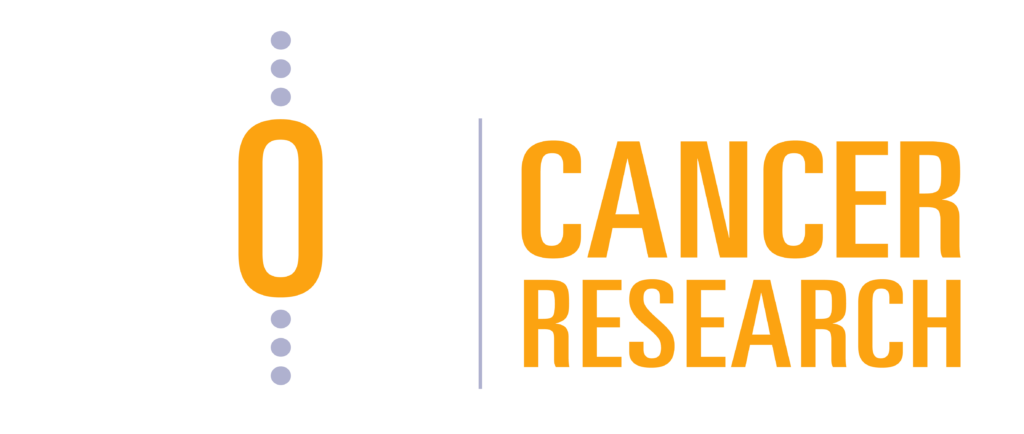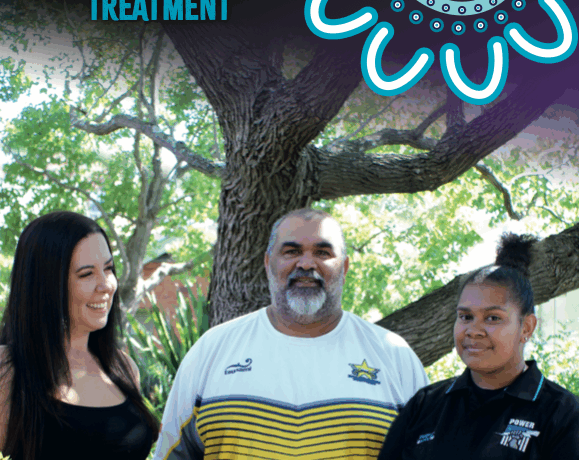Related Post
16 September, 2025
Expanded access to radiation therapy Talking Book to support Aboriginal and Torres Strait Islander consumers
LATEST NEWS: 16 September 2025 A ‘Talking Book’ which
26 August, 2025
Welcome to new TROG committee members and thank you to long-serving members
LATEST NEWS: 26 August 2025 The TROG Scientific Committee



